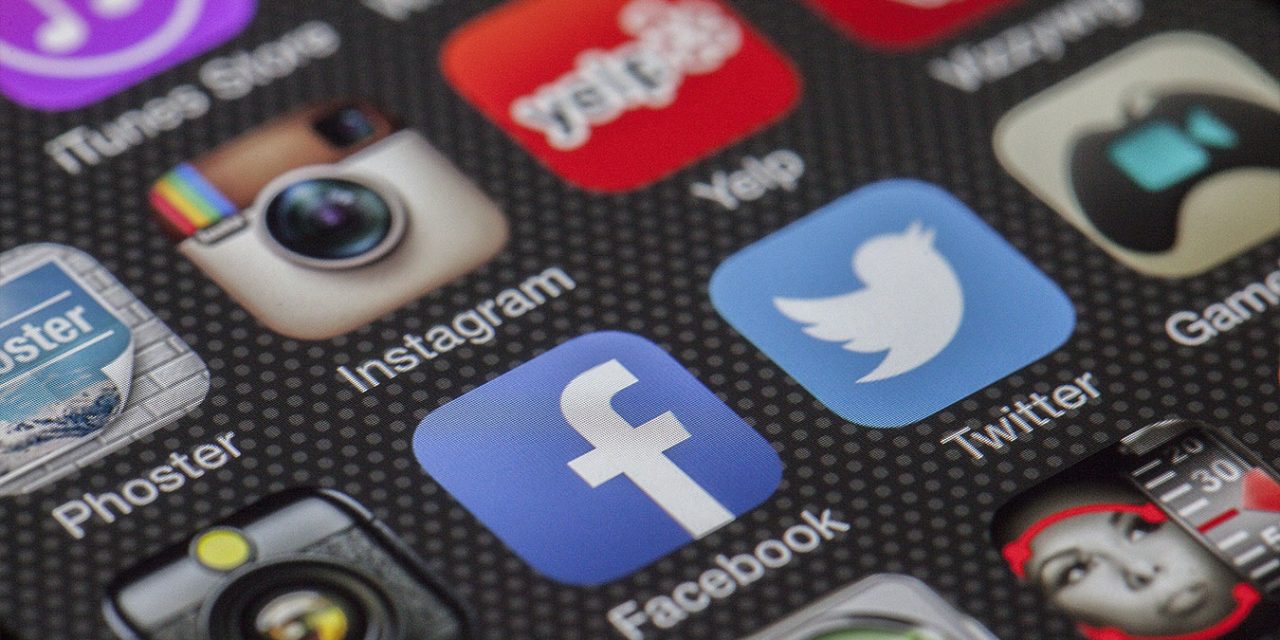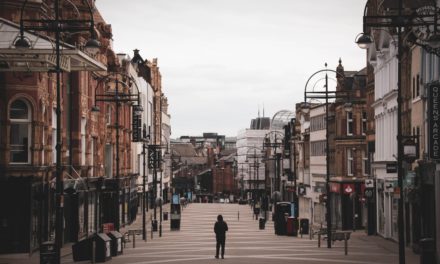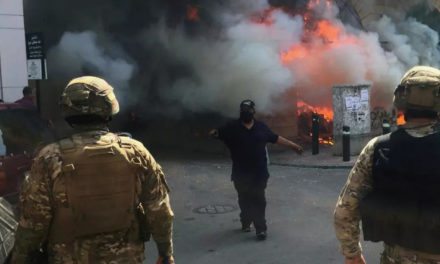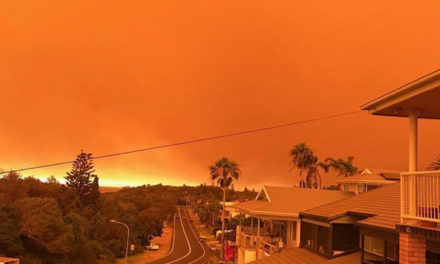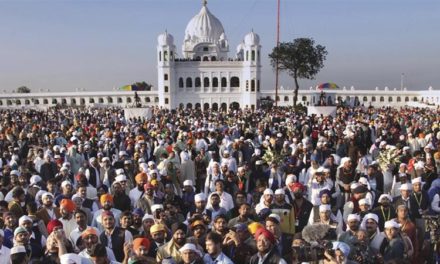The campaign against activists and bloggers was stepped up in 2016 when hard-line administration took over the reins. A draconian new law came into force in January, which forces any technology firm operating in Vietnam, such as Facebook and Google to store and handover to the government “important” personal data on users. Even before the new law took effect, Facebook reported in May the amount of content it restricted access to Vietnam in the last half of 2018 had increased by 500%.
Fear, Paranoia, and Self-Censorship
There at least 128 political prisoners or prisoners of conscience in Vietnamese jails, and at least 30 of them are journalists and bloggers. Vietnam’s media controls are among the most severe in Asia and it limped in at 176th out of 180 countries in the world for press freedom. Most of the media outlets are owned by the government and those that are privately run are kept on a tight leash and are closed down if they put a foot out of line. Reporters taking up new jobs are forced to sign an agreement with the authorities that their function of “protect the country”, while local reporters are accompanied by government minders on reporting trips.
Even the foreign media need official permission to travel if they are reporting on a story outside Hanoi and are asked to tell the authorities exactly what they are reporting, who they will speak to and what questions they will be asking.
The result of these strict intimidation tactics and surveillance is that many sensitive stories don’t get done and many journalists practice self-censorship.
“Transgressors are invariably warned, fined and if they persist suspended or even jailed,” Carl Thayer, emeritus professor at the University of New South Wales, told Al Jazeera.]]>
Reporters taking up new jobs are forced to sign an agreement with the authorities that their function of “protect the country”, while local reporters are accompanied by government minders on reporting trips.
Even the foreign media need official permission to travel if they are reporting on a story outside Hanoi and are asked to tell the authorities exactly what they are reporting, who they will speak to and what questions they will be asking.
The result of these strict intimidation tactics and surveillance is that many sensitive stories don’t get done and many journalists practice self-censorship.
“Transgressors are invariably warned, fined and if they persist suspended or even jailed,” Carl Thayer, emeritus professor at the University of New South Wales, told Al Jazeera.]]>
- Why is California So at Risk from Wildfires? - 13th November 2019
- Carbon Offsetting is Growing but Does it Make a Difference? - 11th November 2019
- Three Confirmed Dead as Australia Prepares for “Catastrophic” Bushfires - 11th November 2019

